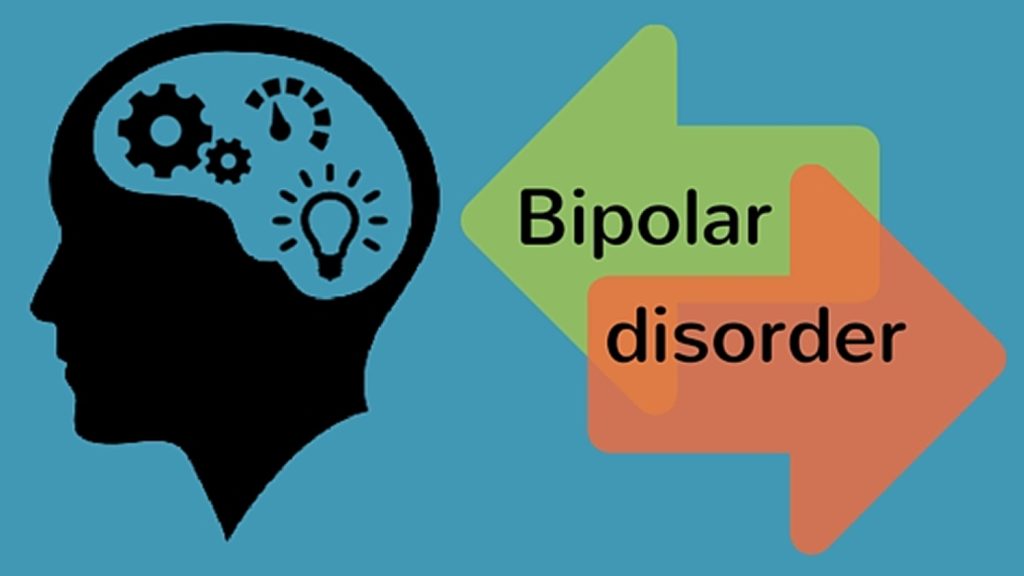Navigating Bipolar Disorder: Effective Nursing Management Strategies
Bipolar disorder presents unique challenges that require a comprehensive and collaborative approach to care. In this blog, we explore the vital role of nursing management in supporting individuals with bipolar disorder on their journey to stability.
Understanding Bipolar Disorder
Nurses play a crucial role in the care of individuals with bipolar disorder. Before delving into nursing management strategies, it’s essential to have a solid understanding of the condition. Bipolar disorder is characterized by extreme mood swings, including manic highs and depressive lows.
The Nurse’s Role in Diagnosis
Early diagnosis is key to effective management. Nurses contribute significantly to the diagnostic process by observing and documenting symptoms, collaborating with other healthcare professionals, and ensuring a holistic assessment of the individual’s mental health.
Medication Management and Monitoring
Nursing professionals are at the forefront of medication management for individuals with bipolar disorder. They administer prescribed medications, monitor their effectiveness, and educate patients on the importance of medication adherence.
Collaborative Care Planning
A collaborative approach involving nurses, psychiatrists, therapists, and other healthcare professionals is crucial in developing comprehensive care plans. Nurses contribute valuable insights into the daily challenges individuals face, helping tailor interventions to meet their unique needs.
Psychoeducation for Individuals and Families
Nurses play a pivotal role in providing psychoeducation to individuals with bipolar disorder and their families. Clear and accessible information about the condition, treatment options, and coping strategies empowers individuals to actively participate in their care.
Crisis Intervention and Support
During manic or depressive episodes, individuals with bipolar disorder may require urgent intervention. Nurses are trained to recognize crisis situations, provide immediate support, and collaborate with the healthcare team to adjust treatment plans accordingly.
Therapeutic Communication
Effective communication is a cornerstone of nursing management for bipolar disorder. Nurses employ therapeutic communication techniques to build trust, establish rapport, and create a safe space for individuals to express their thoughts and feelings.
Holistic Approach to Care
Nursing professionals adopt a holistic approach, considering not only the symptoms of bipolar disorder but also the individual’s overall well-being. Encouraging healthy lifestyle choices, promoting self-care, and addressing co-occurring conditions are integral components of nursing management.
Monitoring and Preventing Relapse
Regular monitoring of individuals with bipolar disorder is essential to identify early signs of relapse. Nurses collaborate with the healthcare team to adjust treatment plans, provide additional support, and implement preventive measures to minimize the risk of relapse.
Gulf Addiction Treatment Center: A Model for Nursing Excellence
Gulf Addiction Treatment Center stands out as a beacon of nursing excellence in the management of bipolar disorder. With a team of dedicated and skilled nurses, the center prioritizes individualized care, evidence-based practices, and a compassionate approach to foster long-term stability.
In conclusion, the nursing management of bipolar disorder is a multifaceted and dynamic process. Nurses play a pivotal role in diagnosis, medication management, crisis intervention, and ongoing support. The collaborative efforts of healthcare professionals, combined with the commitment of nurses, contribute to the overall well-being of individuals with bipolar disorder.
Navigating Bipolar Disorder: Effective Nursing Management Strategies Read More »

